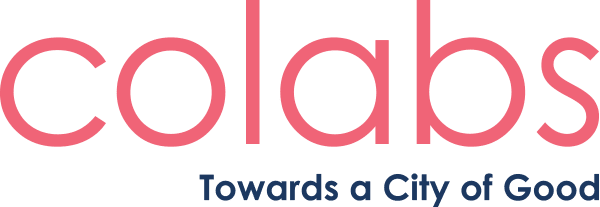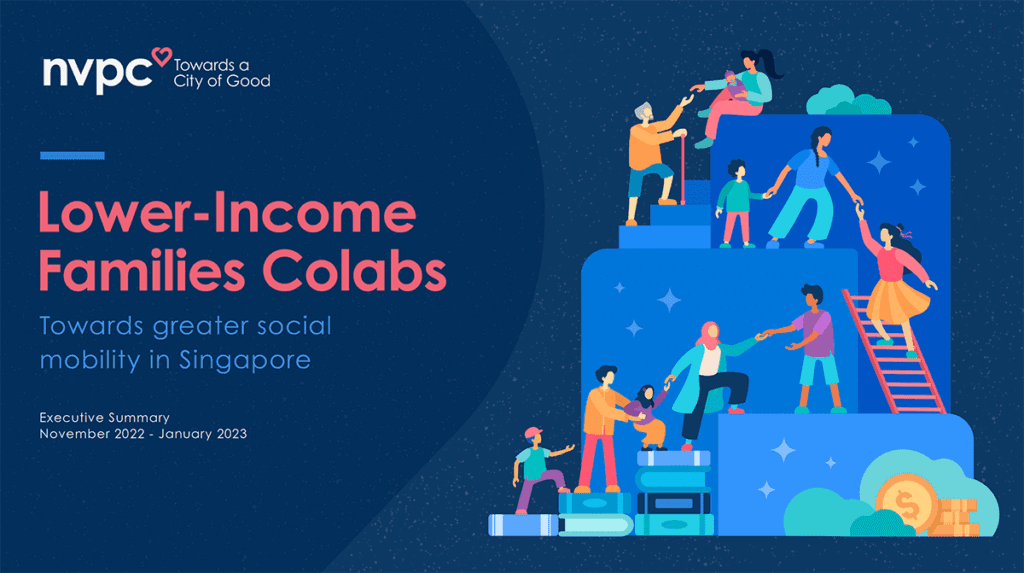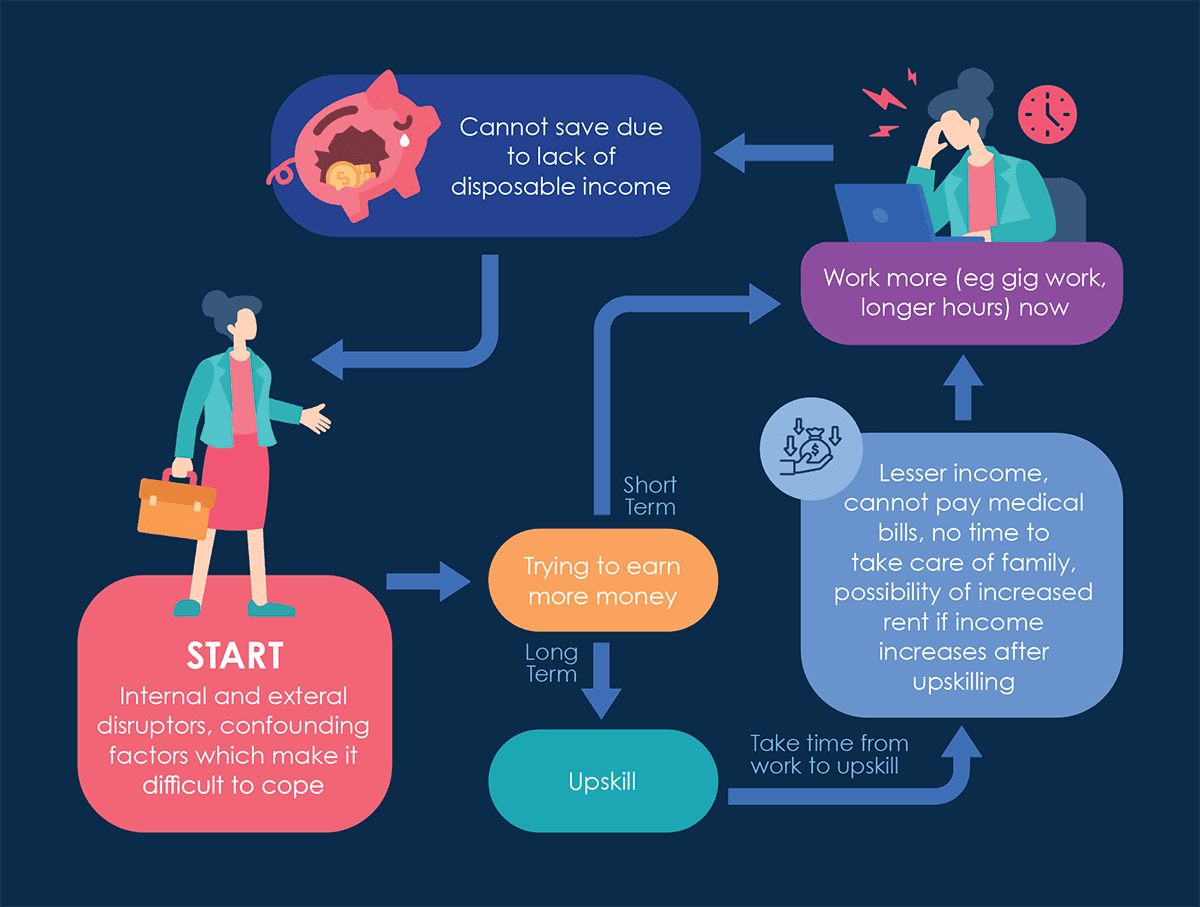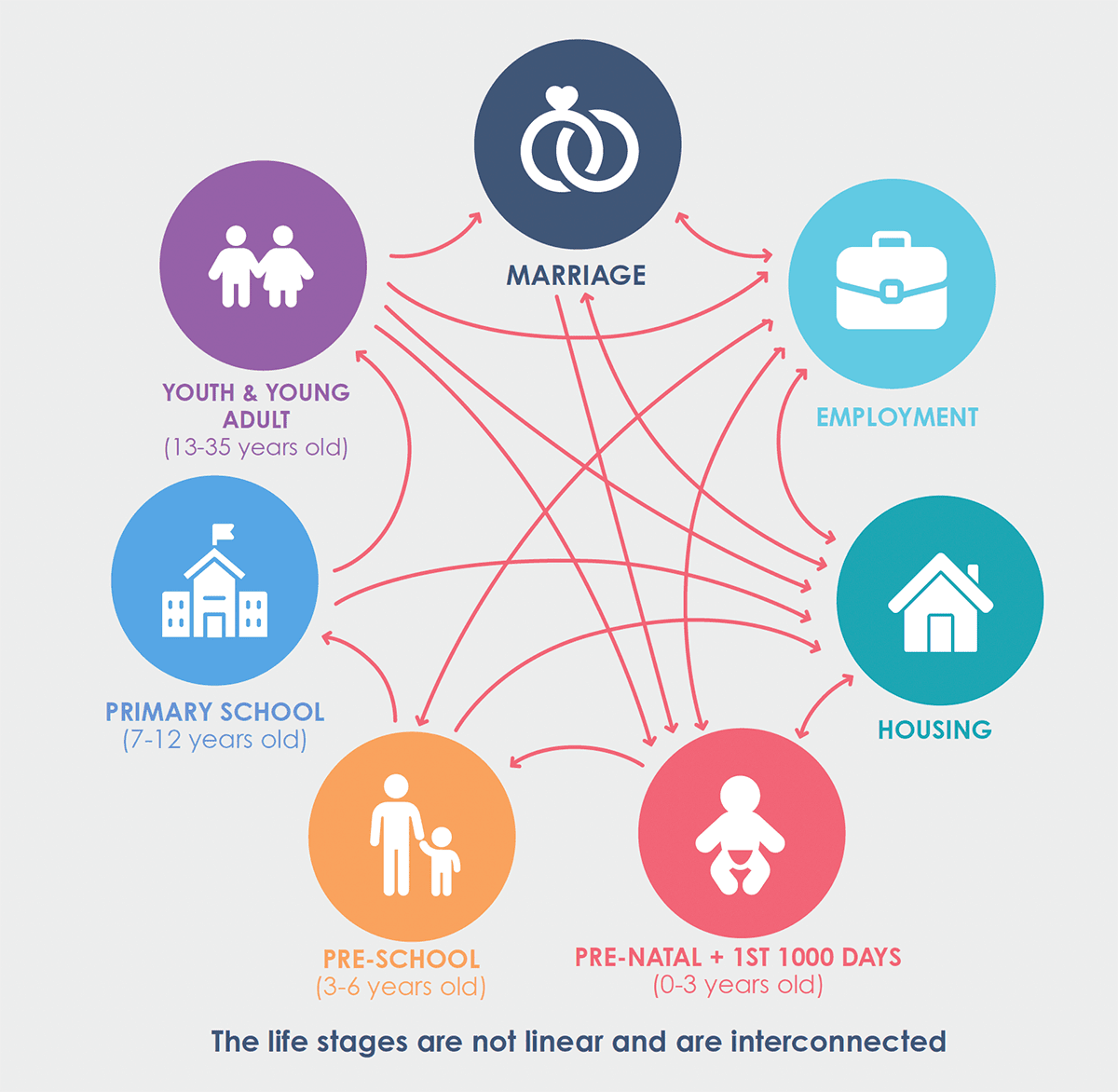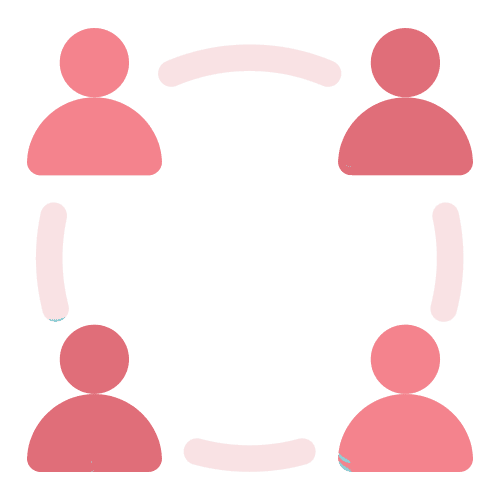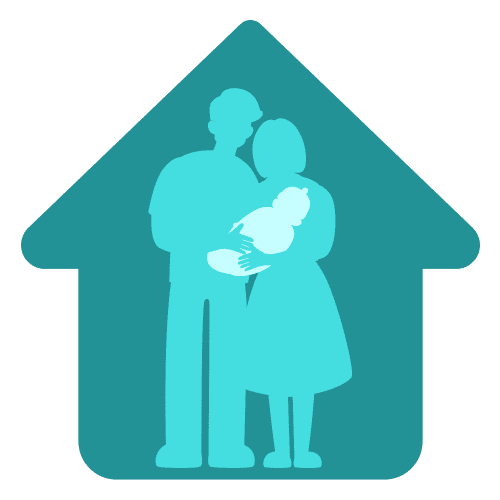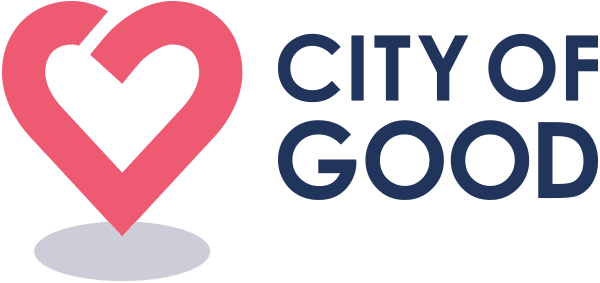Lower-Income Families Colabs

It’s easy to forget that poverty exists in Singapore. Income inequality in Singapore has narrowed over the years, but Lower-Income Families are still struggling to cope and rise above their financial situations. The economic uncertainty in the wake of the COVID-19 pandemic has only made social mobility more difficult to attain, especially for Lower-Income Families.
Who are considered Lower-Income Families in Singapore?
We cannot neglect this part of our nation’s reality. We need to strive for a future without barriers to equitable access, opportunities and resources for all.
From November to January 2023, Colabs gathered 100+ stakeholders across different sectors throughout five sessions to unpack and analyse this aspiration statement:
“How might we collectively create an enabling ecosystem to empower Lower-Income Families to do well and progress?”
Lower-Income Families Colabs Executive Summary
The conversations in our Colabs sessions yielded insights and solution spaces, which we have synthesised in the Lower-Income Families Colabs Executive Summary. You can read about the key insights, resulting maps, and recommendations for the ecosystem on this site.
Why is this issue so complicated?
Lower-Income Families face a myriad of overlapping issues. Furthering the dilemma, resources for long-term planning (such as time, money or mental bandwidth) are already stretched thin for Lower-Income Families. Sometimes, immediate needs inevitably trump long-term plans.
If you’re worrying about how to keep the lights on, you’d choose to work more hours to earn more money now, rather than devoting resources to upskilling so you can earn more money in the future.
While existing schemes offer assistance, these families face multifaceted and intertwined challenges that can hinder them from reaping the benefits of available help.
Let’s take a close-up look at these challenges.
REAL TALK: The web of issues that Lower-Income Families face
“I know that upskilling would improve my job opportunities, but how can I take time off from work when I need to pay off my elderly parents’ monthly medical bills while providing for my family?”
Mdm Tan is a single mother and the sole breadwinner of her family. She provides for her 5-year-old son and elderly parents. She works long hours to pay groceries, utility bills, and other household expenses.
Why doesn’t Mdm Tan find a higher-paying job?
It’s not that simple.
A web of factors
Upskilling would help open doors to better job prospects with higher salaries. But Mdm Tan struggles to find time and energy to take upskilling courses. She’s burnt out from working and caring for her family.
Place yourself in Mdm Tan’s shoes.
Your salary isn’t enough to pay the bills, send your kids to school, and buy medicine for your elderly parents. How do you increase your income?
A. Gig Work
B. Upskill
C. New Job
As you see, there’s no cookie-cutter formula for improving social mobility.
We hence aspire to build a whole-of-society approach that brings together various sectors to create a robust and sustainable support ecosystem for Lower-Income Families. By working together and tapping into the strengths of each sector, we can co-create a society where these families have access to a comprehensive network of support, empowering them and uplifting them to achieve upward social mobility.
Insights and Tools from Lower-Income Families Colabs
Colabs has developed tools you can use to help empower Lower-Income Families—from understanding their situations to choosing avenues for action:
Current Initiatives & Stakeholder Maps
Use this map to:
- Understand the different actors and the space they occupy within the system
- See key initiatives and identify potential opportunities for partnership and collaboration
- Identify where the gaps are and steer resources to areas which could use more support
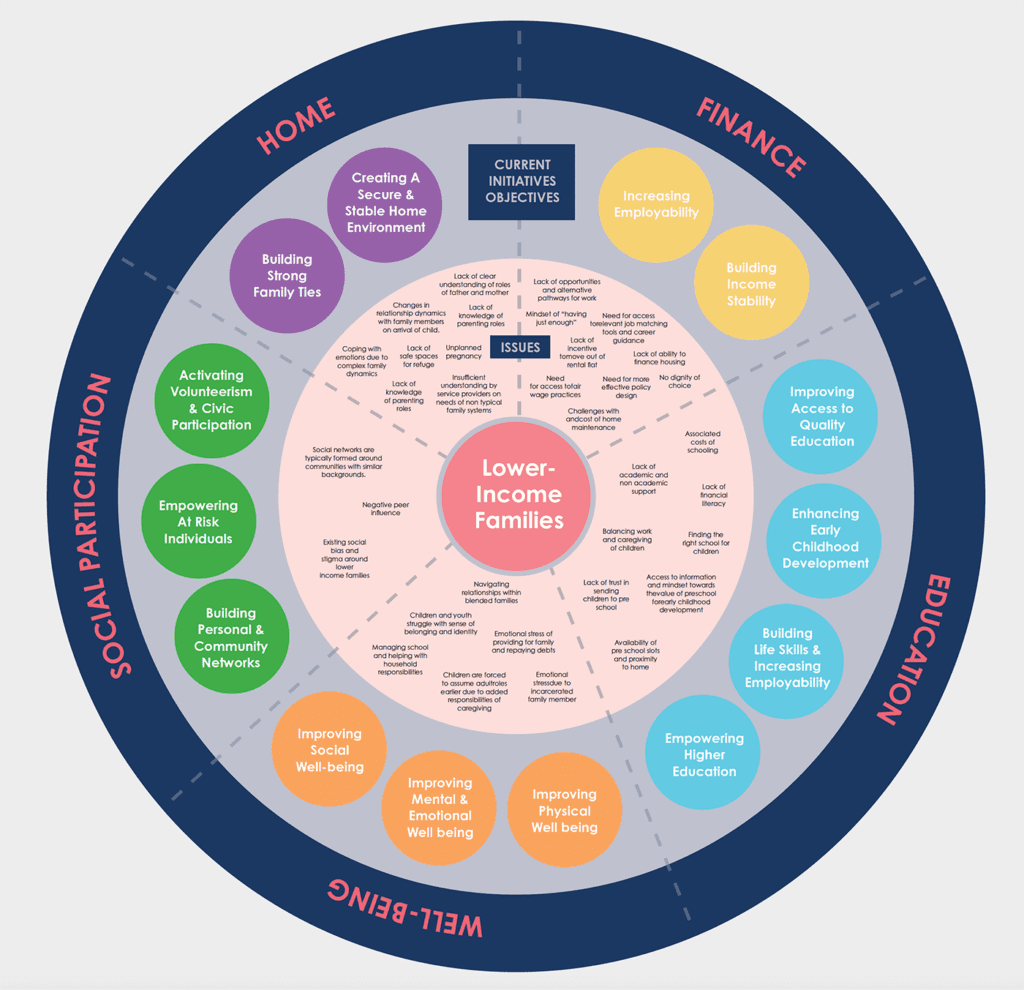
Family Experience Maps
Use this map to:
- Understand the complexity and experiences faced by Lower-Income Families in Singapore across seven different life stages.
- Get a comprehensive overview of significant events that families encounter during the stages and examine how past experiences shape their beliefs, values and decision-making processes during critical junctures.
Insights & Opportunities
Use this map to:
- Learn about 7 key insights and opportunities for change identified in the Colabs series
- Understand the nuances of Lower-Income Families day-to-day considerations
- Identify opportunities you can pursue—either as an individual or as part of an organisation—to address Lower-Income Families’
unmet needs
Key Themes
Insight
Area of Opportunity
1. Fostering Trust and Collective Ownership
Key Themes
Insight
Area of Opportunity
- Adopt a strengths-based approach to enable trust-building
- Build collective ownership to support Lower-Income Families
Key Themes
2. Prioritising Education
Insight
Area of Opportunity
- Encourage lower-income parents to value early childhood education for better upstream intervention success
Key Themes
Insight
- Lower-Income Families want flexibility, security, and stability in their employment
- Lower-income individuals need relevant upskilling and job-training opportunities that can lead them to higher wages
- Lower-Income Families would like more guidance and support structures to meet their long-term financial goals
Area of Opportunity
- Explore alternative models of work that meet the needs of lower-income workers
- Transform the upskilling and job-training experience to increase social mobility
- Build a financial support system that guides Lower-Income Families to achieve long-term goals
Key Themes
Insight
Area of Opportunity
- Increase accessibility to home ownership or alternatives that meet their home needs
- Home
- Finance
- Education
- Well-Being
- Social Participation
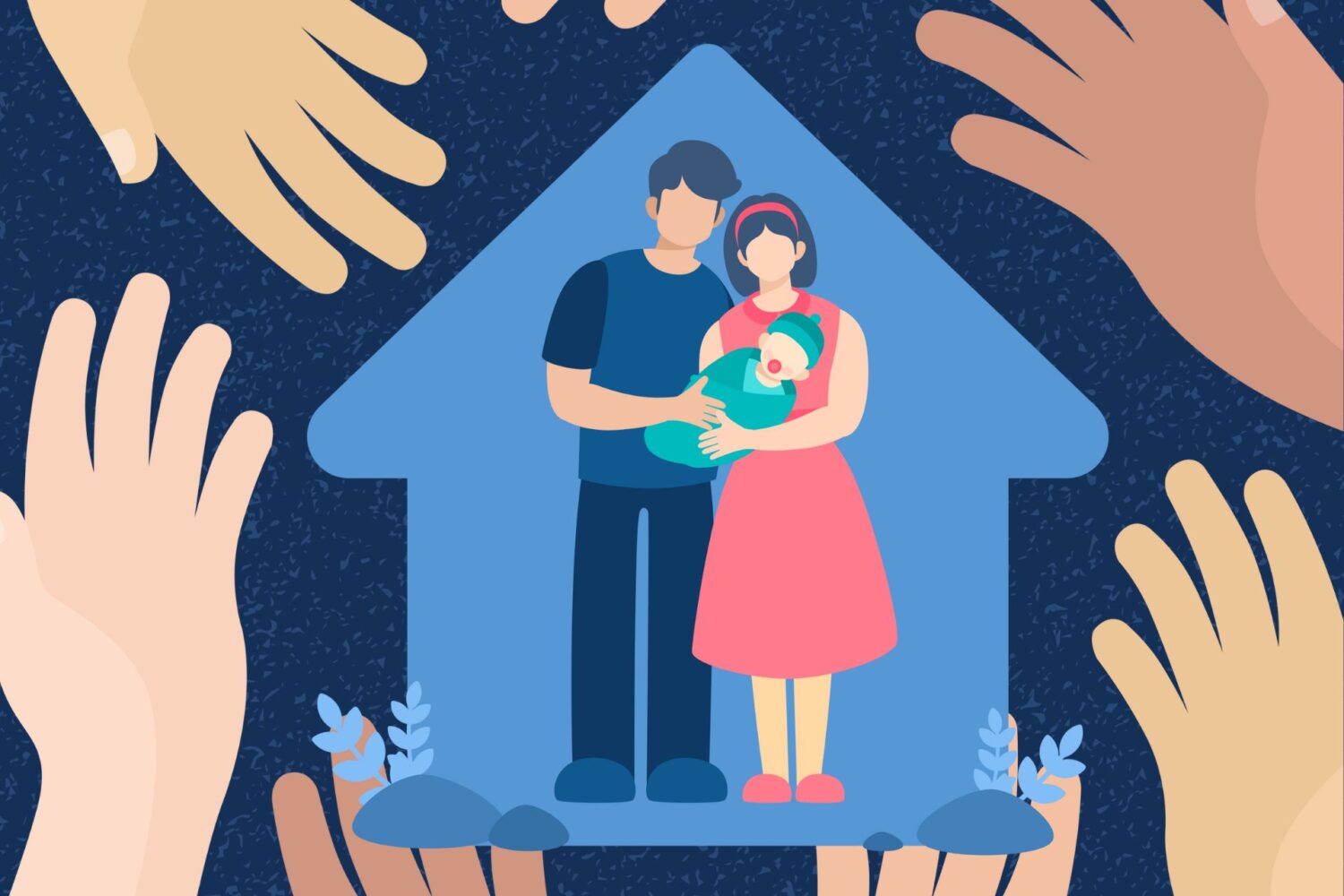
Funding Non-Profits Calls For Flexibility And Trust To Better Help Lower-Income Families
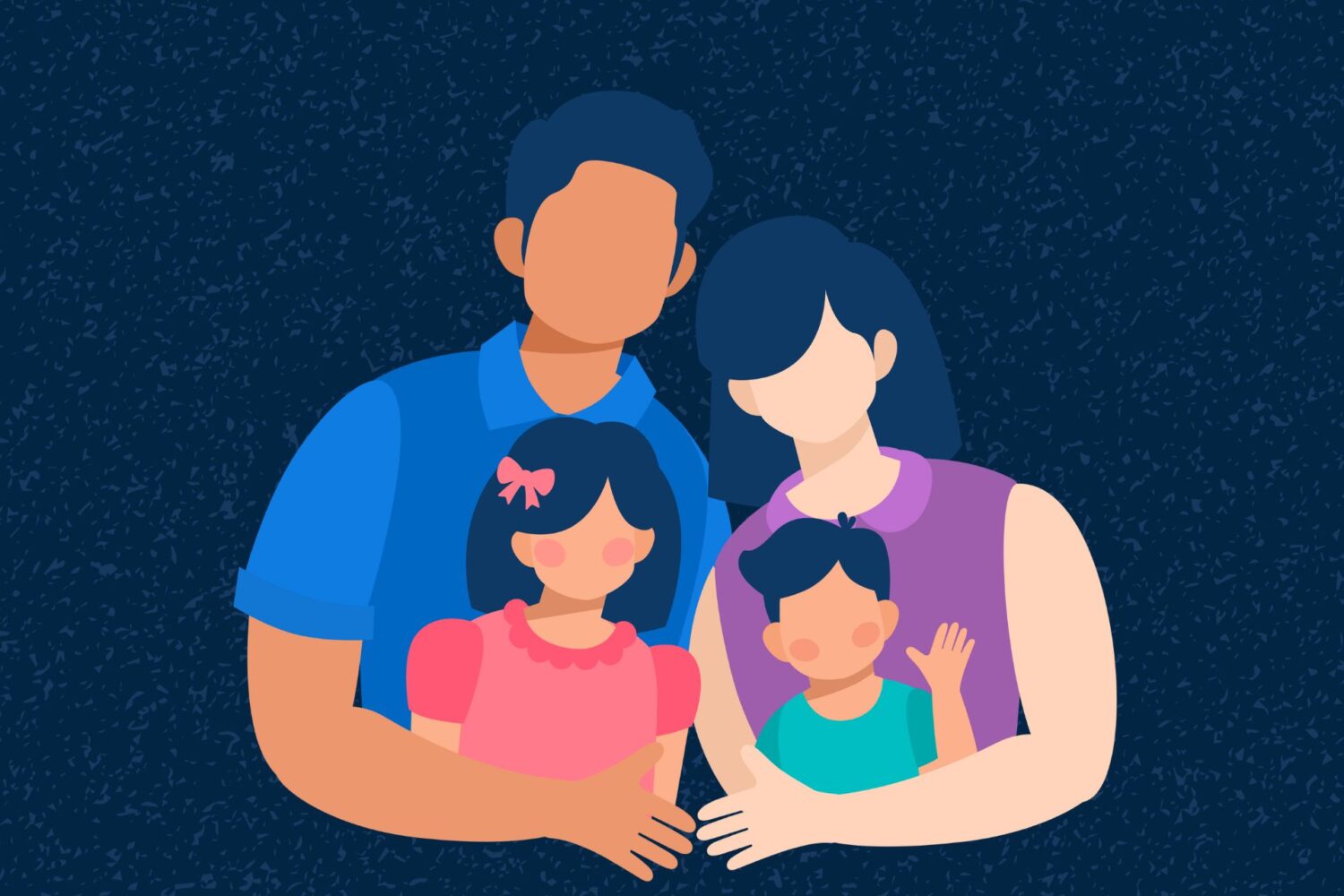
Shifting The Narrative: How The Strengths Of Singapore’s Lower-Income Families Contribute To Society
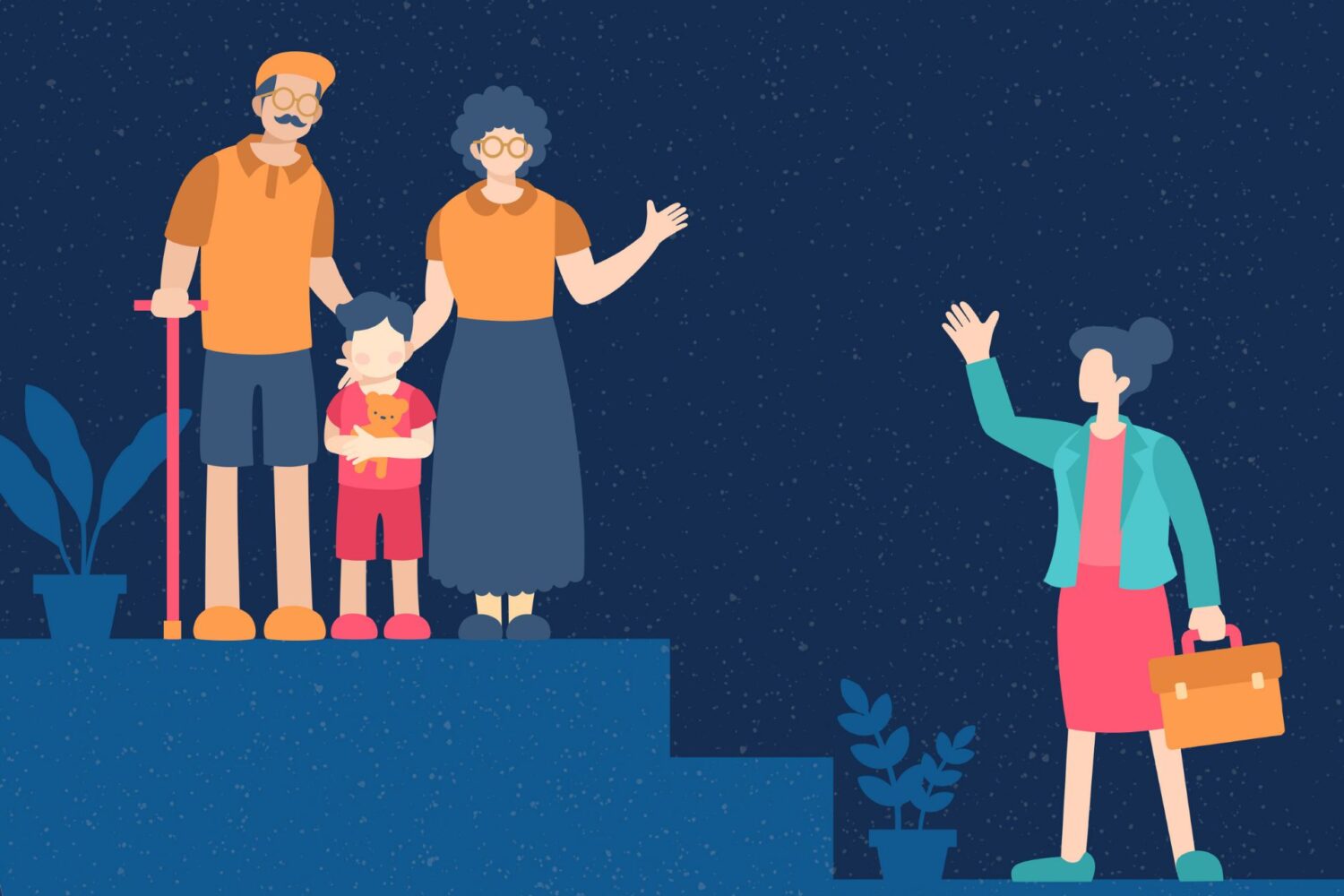
From Paycheck To Purpose: How Corporates Can Support Lower-Income Families
Join the Lower-Income Families Empowerment (LIFE) Network
The Lower-Income Families Empowerment (LIFE) Network brings together dedicated stakeholders committed to empowering these families towards greater social mobility. By leveraging on the insights gained through the Colabs series, the network identifies areas of opportunities and unment needs, laying the foundation for meaningful change. The LIFE Network offers its members a platform to explore emerging developments within the space, connect with a diverse range of people from the industry and opportunities to collaborate with one another.
Fill up the fields and we’ll drop you an email!
To find out more about the Lower-Income Families Colabs Executive Summary, share input, or discover more ways to help, email us at [email protected].
To download the Lower-Income Families Executive Summary, click here.
